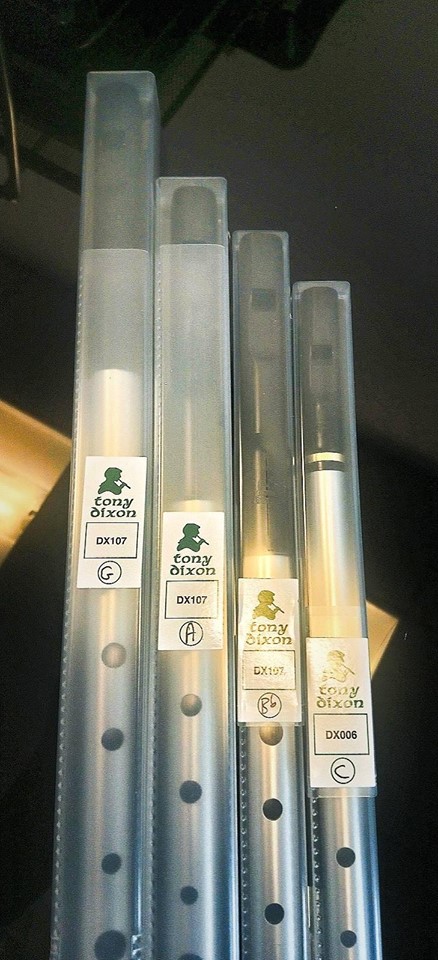Puby w Szkocji są jak domy kultury do których nie wpuszcza się nieletnich. Część pubów to miejsca celebrowania rozgrywek piłkarskich a część, to miejsca spotkań, śpiewu i muzykowania na nie tylko tradycyjnych instrumentach ale zawsze tradycyjnej muzyki.
Moje wizyty w Szkocji to w ciągu dnia podziwiane materialne dziedzictwo kulturowe a wieczory to socjalizacja w pubach.
Polecam tę stronę by poznać kulturę od strony baru:
Glasgow pubs are more than just drinking establishments. They are historic landmarks, the focal points for special occasions and, in the past, the meeting places for the city’s merchants, tobacco lords and many Glasgow societies. They are one of the oldest established businesses in Glasgow, occupying prominent sites throughout the city. In short, Glasgow’s pubs are an important part of the city’s rich cultural and architectural heritage.Hundreds of historic pubs have been lost following the City Council’s extensive redevelopment programmes from the 1950s, this is why it is important that a web site has been brought together to record all those lost and forgotten pubs.
Source: Home Page

